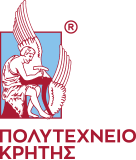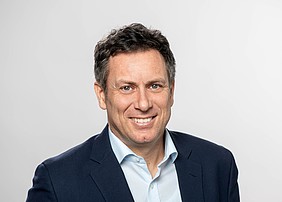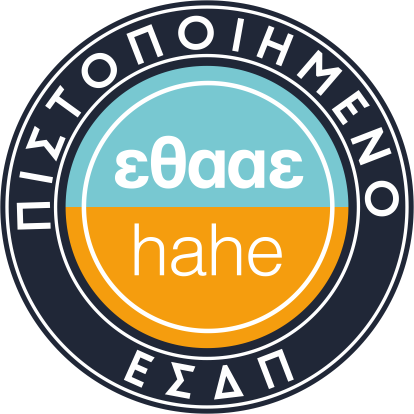Στο πλαίσιο του Workshop "Lane-free Traffic", που διοργανώνεται από το Εργαστήριο Δυναμικών Συστημάτων και Προσομοίωσης (DSSL) της Σχολής Μηχανικών Παραγωγής και Διοίκησης (ΜΠΔ) με τη συμμετοχή του Technical University of Munich (TUM), θα δοθεί ανοικτή επιστημονική ομιλία με τα παρακάτω στοιχεία:
"The MobilityCoin System"
Prof. Dr. Klaus Bogenberger
Chair of Traffic Engineering and Control
Technical University of Munich, Germany
Παρασκευή 2 Ιουνίου 2023, 11:15
Αίθουσα Γ3.1.14 (Συμπληρωματικό Κτίριο ΜΠΔ)
Η ομιλία είναι ανοικτή σε κάθε ενδιαφερόμενο.
Περίληψη
The MobilityCoin is a new currency for paying for all your daily trips within a metropolitan area. At the beginning of each year, the MobilityCoin Agency allocates a specific number of coins to each person. The price of a trip depends on the mode, traffic state, occupancy, and trip length or duration. If you make a trip with a vehicle or public transport you pay a dynamic price with MobilityCoins. The use of environmentally friendly modes like biking or walking is incentivized by earning MobilityCoins. All users are allowed to buy and sell MobilityCoins in the MobilityCoin Market, which is regulated by the MobilityCoin Agency. It controls the market volume and price limits, it limits the number of coins a person can buy or sell and defines a transaction fee. The MobilityCoin system is an all-in-one approach, uniting different traffic management measures – it simultaneously optimizes supply and demand of the transportation system to accomplish environmental, social, and economic objectives, e.g., emission reduction, livability of urban space, equity, public participation, and infrastructure funding. The system influences infrastructure supply, mobility tool ownership, and mode choice. It is open to all types of technology, enables the fair financing of new infrastructure, and provides an adjustable, market-based and reliable pricing mechanism for mobility in limited urban space. The MobilityCoin system creates a transparent decision-making process and gradually re-allocates mobility space by enabling public participation. It also accounts for social acceptance and fairness by allocating a mobility budget to each person according to their mobility needs rather than their income or wealth.
Βιογραφικό
Professor Bogenberger studied civil engineering at the Technical University of Munich from 1991 to 1996, after which he was a research assistant at the Traffic Engineering and Traffic Planning Unit at TUM from 1996 to 2001 with Univ.-Prof. Dr./UCB Hartmut Keller. He received his doctorate in 2001 on "Adaptive Fuzzy Systems for Coordinated Traffic Responsive Ramp Metering". From 2001 to 2008 he worked for the BMW Group in Munich, first as a research engineer for the BMW Group in the "Science and Transport" area, then in the "Corporate Quality" area. From 2008 to 2011 he was managing partner of TRANSVER GmbH, before being appointed full professor for Traffic Engineering at the Institute for Spatial Planning and Transportation at the Bundeswehr University in Munich in 2012. In 2020, he took over the Chair of Traffic Engineering and Control at the Technical University of Munich.















